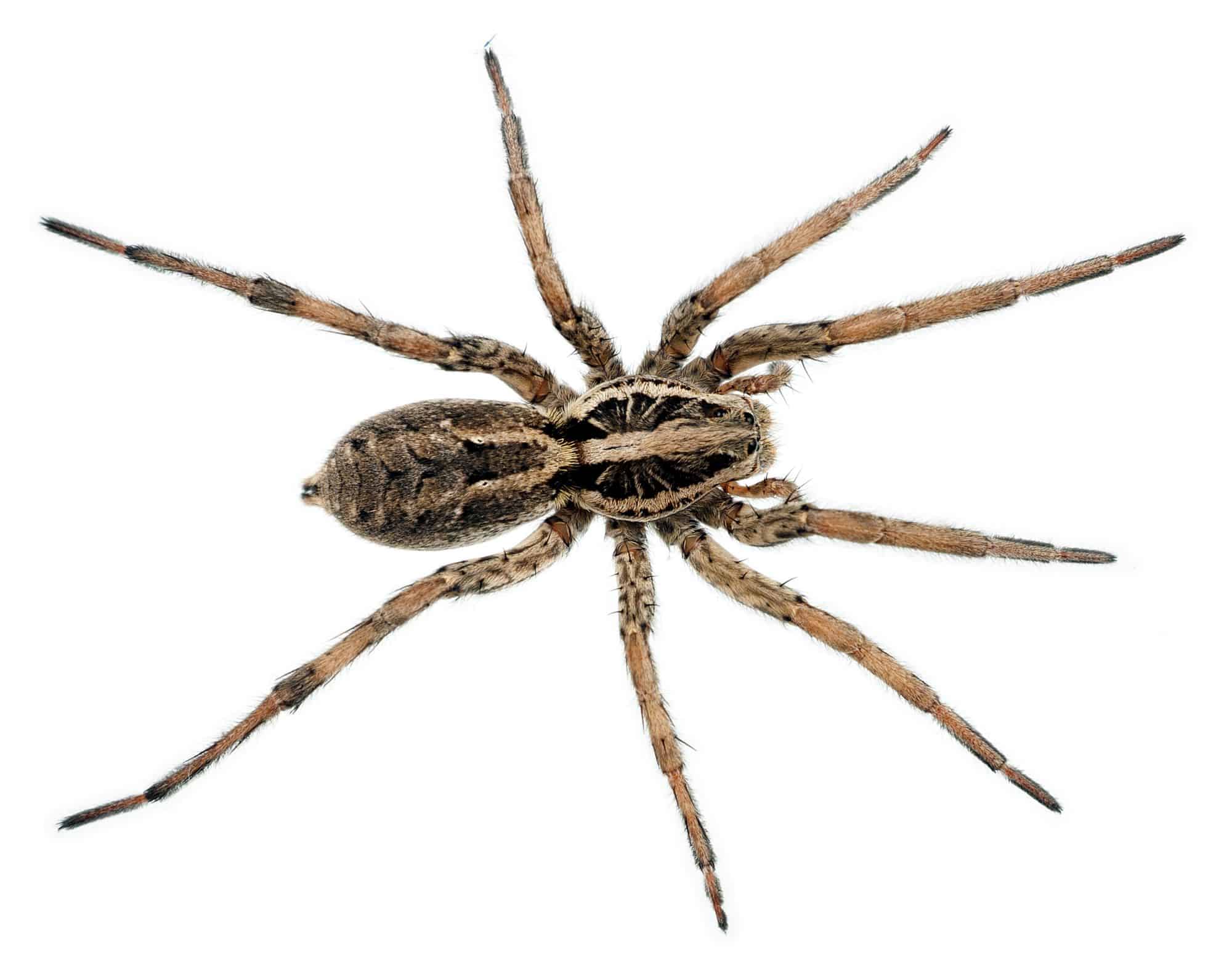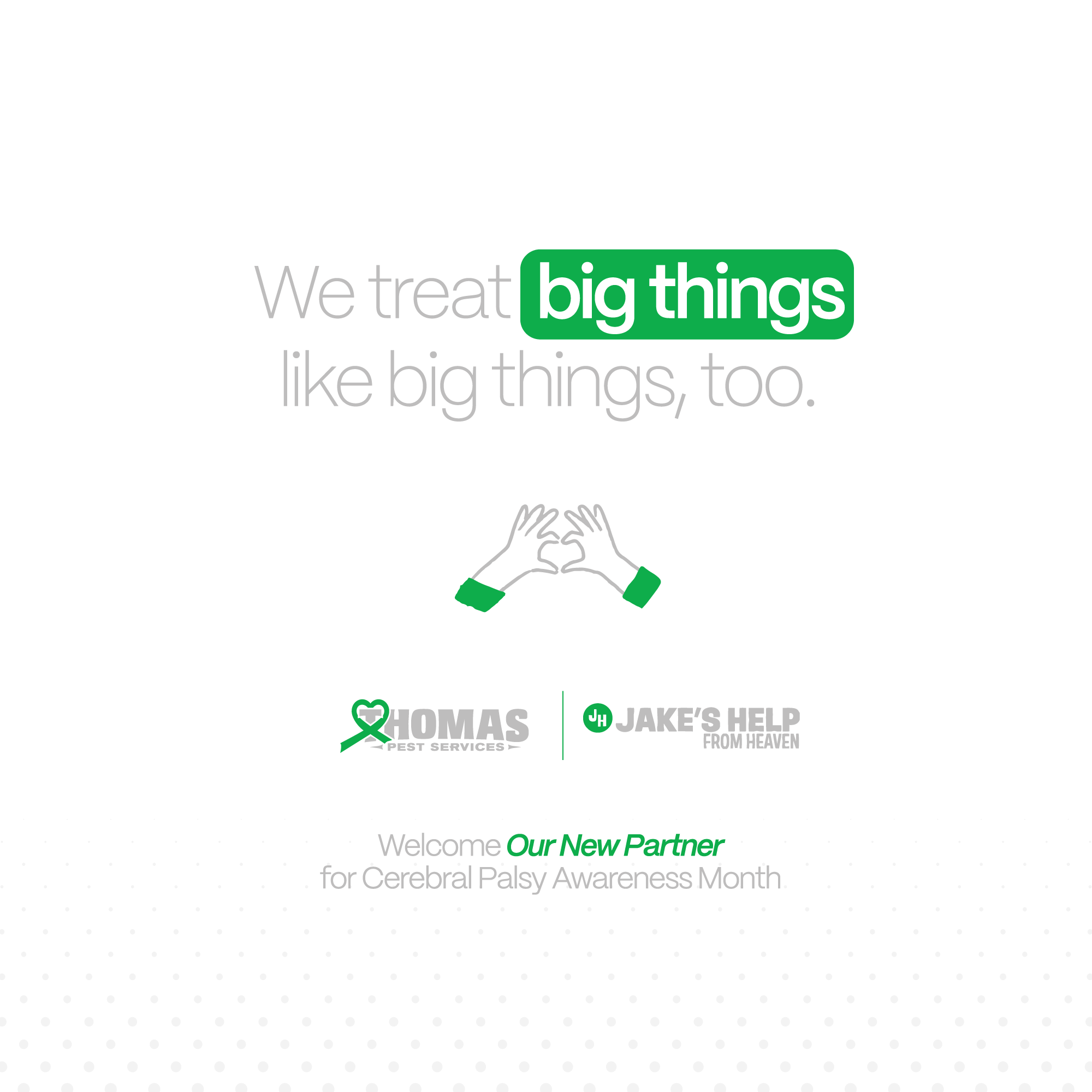Symptoms, Treatment and Advice for Insect Bites
Almost all of us have experienced annoying, itchy, hurtful bug bites. With the summer in full swing, the likelihood of experiencing insect bites increases. Experts weigh in on how to treat the suffering inflicted by common insect bites:
Mosquito Bite
Symptoms: A soft pink or red bump; intense itching; less commonly, hives.
How to treat: Wash with soap and water and use cold compresses to reduce itching. Some swear by a thick paste of water and baking soda; apply to the skin, allow to dry,then brush off. There are many other home remedies for mosquito bites.
“There’s no clinical evidence that this works, but it can’t hurt,” Donald V. Belsito, a professor of clinical dermatology at Columbia University, said. If you develop hives, take an antihistamine, such as Benadryl, and then apply an over-the-counter cream with 1 percent hydrocortisone. Avoid scratching; breaking the skin could cause infection.
Good to know: Mosquitoes can transmit a number of diseases. The greatest concern in the United States is the West Nile virus, a potentially serious illness that can cause fever, head and body aches, and vomiting, Robert L. Norris, the chief of the division of emergency medicine at Stanford University, said. If you develop these symptoms 3 to 14 days after a bite, see your doctor.
Bee or Wasp Sting
Symptoms: A red welt on the skin, plus a burning sensation; less commonly, itching, light-headedness, and hives.
How to treat: If you see a stinger, gently remove it by scraping the surface of the skin with the edge of a credit card (this will lift out the stinger). Then clean the skin with soap and water. To control pain, use ice—10 minutes on and 10 minutes off, for up to an hour—and/or take a nonsteroidal anti-inflammatory (NSAID), such as Advil. There are many home remedies for bee or wasp stings. If you develop hives, take an antihistamine. For cases that involve severe pain, a doctor may inject the sting with an anesthetic to numb the area temporarily, Belsito said.
Good to know: A small percentage of the population may experience a serious allergic reaction to a bee or wasp sting called anaphylaxis. Signs of anaphylaxis include swelling of the throat or tongue, difficulty breathing, and nausea. If you develop these symptoms, telephone 911.
Fly Bite
Symptoms: Immediate pain at the site of the bite and red bumps that itch.
How to treat: Wash the bite with soap and water. Then apply ice for about 15 minutes at a time, several times a day. Or use an over-the-counter bite-relief product that contains ammonia, such as After Bite, to reduce pain and itching, Roxanne Connelly, an associate professor of entomology at the University of Florida, in Vero Beach, said. Avoid scratching so you don’t break the skin and invite infection.
Good to know: The bites of some flies, including horseflies and deer flies, can bleed. If the bleeding doesn’t stop on its own, see a doctor.
Spider Bite
Symptoms: They can range from a pimplelike bump or sore to muscle cramps, chest pain, and nausea.
How to treat: For the first 72 hours, apply ice every few hours while awake; hold the ice in place for up to 20 minutes (it should feel so cold that it’s uncomfortable).
“Ice has been shown to slow the rate at which enzymes in the venom move through the body,” Norris said. Elevating the affected body part may also help minimize swelling and reduce the amount of venom entering the bloodstream, Belsito said. To manage pain, take acetaminophen or an NSAID. But if it becomes too severe to control on your own or you develop significant nausea, go to the emergency room.
Good to know: If possible, capture and kill the spider, which will help the doctor identify your bite.
Interestingly, “when people complain of a spider bite with a lesion but there’s no confirmation of a spider, it’s often the staph infection MRSA,” says Norris. And though uncommon, a bite from a black widow spider can produce rare but severe reactions, like renal failure or even death, which is why it’s so important to see a doctor if symptoms move beyond pain.
Tick
Symptoms: The most obvious is the tick on your skin; it can be as small as one millimeter in diameter. However, sometimes the tick falls off before you notice it. Other symptoms can include redness, itching, and burning.
How to treat: If a tick is present, be sure to properly remove a tick using tweezers (clean them with alcohol first) to grasp as close to the skin as possible, then apply gentle pressure as you pull the tick straight out. Avoid squashing the body; you could get the tick’s blood and saliva inside the wound, which may increase your risk of disease. Place the tick in a small container filled with rubbing alcohol to kill it. Finally, clean the bite area with soap and water.
Good to know: Ticks can transmit illnesses, such as Lyme disease and Rocky Mountain spotted fever, so keep a close eye on the bite. If you develop an expanding red area in the shape of a bull’s-eye (it can grow by about one centimeter a day, Norris said) or have flulike symptoms (fever, headache, aches and pains, chills), see a doctor. If possible, bring the tick with you. Although it may sound extreme, some experts recommend keeping the tick in alcohol for up to three months, the normal amount of time it takes for complications to develop. And whenever you’ve been in tick-prone areas, like woods or transitional zones (the edge of a backyard that spills into woods or fencing that’s not kept trimmed), do a full-body check for ticks when you go indoors.
For more information on fleas, mosquitoes or ticks refer to our educational website. If you find yourself itching and identified an insect bite take the necessary precautionary measures. Nothing makes stinging insects’ like bees and yellow jackets angrier than when someone disturbs or destroys its home. Throughout the spring, summer months in the Capital Region battling pests of all kinds will keep the professionals at Thomas Pest Services busy. When you contact our office, we will arrange a free inspection to identify areas of concerns and provide recommendations, treatment options. If you identify insect bites, contact your local Clifton Park pest control professional to inspect your home and property.




